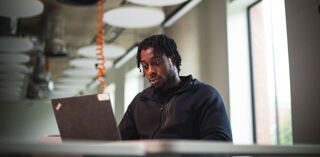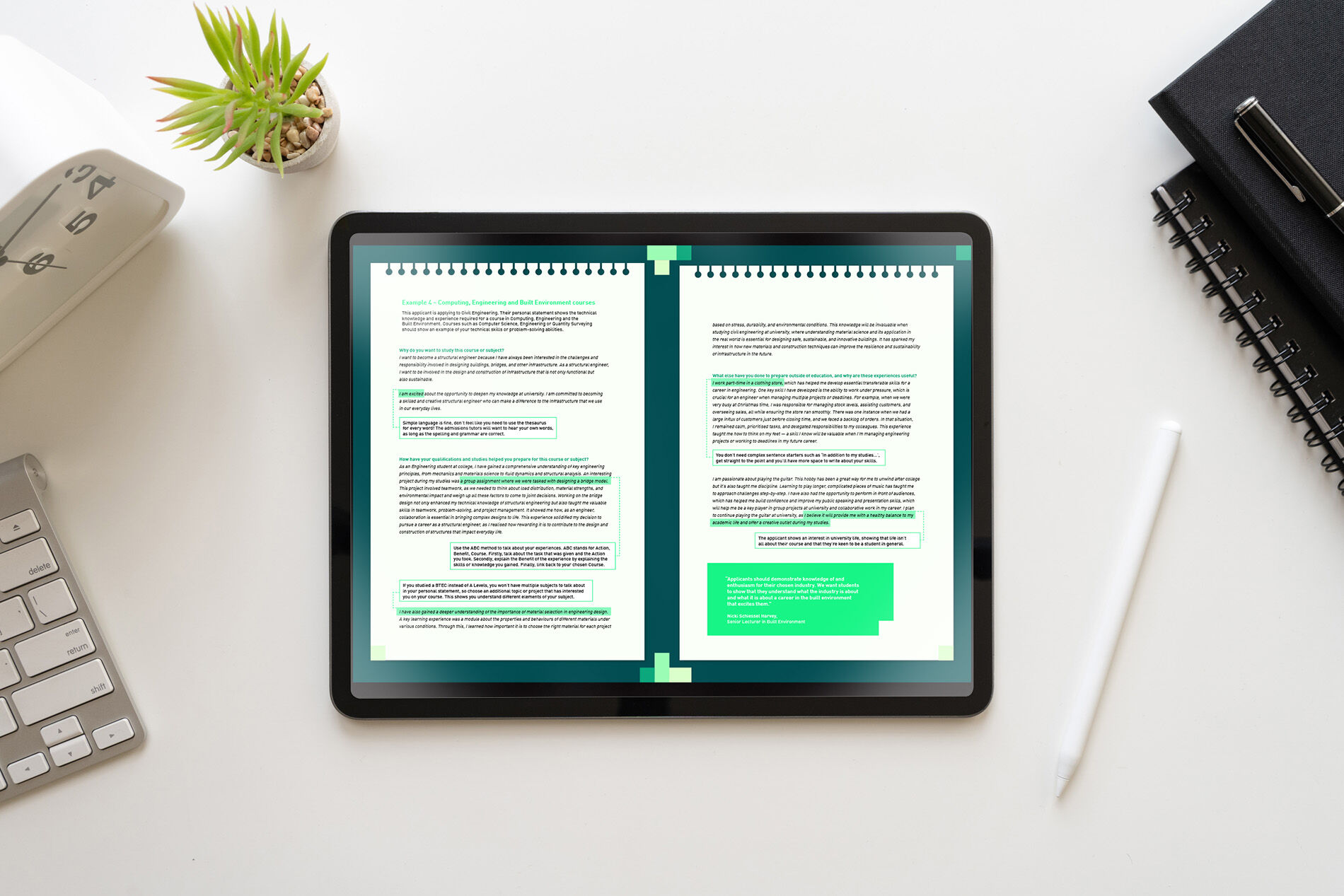When you submit your UCAS application, UCAS will carry out a few checks, including a similarity report. This compares your personal statement to previously submitted personal statements, books and websites to see if you’ve plagiarised or copied your personal statement from someone or something else.
According to The Student Room, your personal statement will be flagged if 30% or more of it is similar to other sources. This could have a negative impact on your application and be reported to universities you’ve applied to.
With thousands of personal statements being submitted, it’s understandable that there will be a few similarities, but how can you avoid plagiarism and write a unique personal statement?
Firstly, what is plagiarism?
Plagiarism is when you copy someone else’s work without properly crediting them. Your personal statement should be written in your own words and not copied from elsewhere to avoid being flagged for plagiarism.
How can I write an original personal statement?
You’ll need to answer three questions to complete your personal statement. These questions ask you to provide experiences that have inspired you to pursue your chosen course and career path.
So, your personal statement should be unique! There are a few things to avoid to make sure your writing style doesn’t look like it’s been plagiarised:
- Quotes or cliches – Admissions Tutors want to hear your own words, not other people’s.
- Overused introductions such as ‘from a young age…’ or ‘I’ve always been interested in…’. A lot of applicants use these so they are less likely to grab the reader’s attention.
- Big or overly complicated words and phrases – whilst your grammar and spelling should be correct, your personal statement needs to sound like you, so don’t use words you don’t really understand.
Can I use examples and ChatGPT to write my own personal statement?
Online examples, ChatGPT and other AI tools are great for a source of inspiration and assistance but try to use them only as a helping hand, not to do the whole thing! Here are a few ways to use them effectively and ethically:
- Read real subject examples, such as the ones in our free personal statement guide. Think about what makes them good and incorporate this into your own personal statement.
- Use ChatGPT to brainstorm and structure your ideas. We have lots of guidance on how to do this.
- Use AI to proofread your personal statement. AI tools such as Grammarly are great at spotting mistakes you might have missed.
Download your free personal statement guide
Be inspired by real personal statement examples from our students.
Can I use a free plagiarism checker?
Using a free plagiarism checker can give you peace of mind before submitting your application. The fact you’ve input your application into a plagiarism checker won’t affect your plagiarism score.
Can I work with others on my personal statement?
It’s a good idea to ask teachers, parents and carers or careers advisers to proofread your personal statement, they might spot mistakes you didn’t. Emailing your personal statement to others won’t cause any issues in a plagiarism checker but don’t post your personal statement in online forums such as The Student Room or Reddit.
When it comes to working with friends, it’s great to use one another for inspiration but don’t copy each other! If you find it useful to work as a group on your personal statement, try having a brainstorming session of things to include. Your friends might be good at remembering school projects or extracurricular opportunities you’d forgotten about.
In summary
Try not to overthink UCAS’s similarity report; it’s there to ensure fairness, not to catch people out. Follow our guidance to a unique personal statement and you’ll be able to submit your application with confidence.






